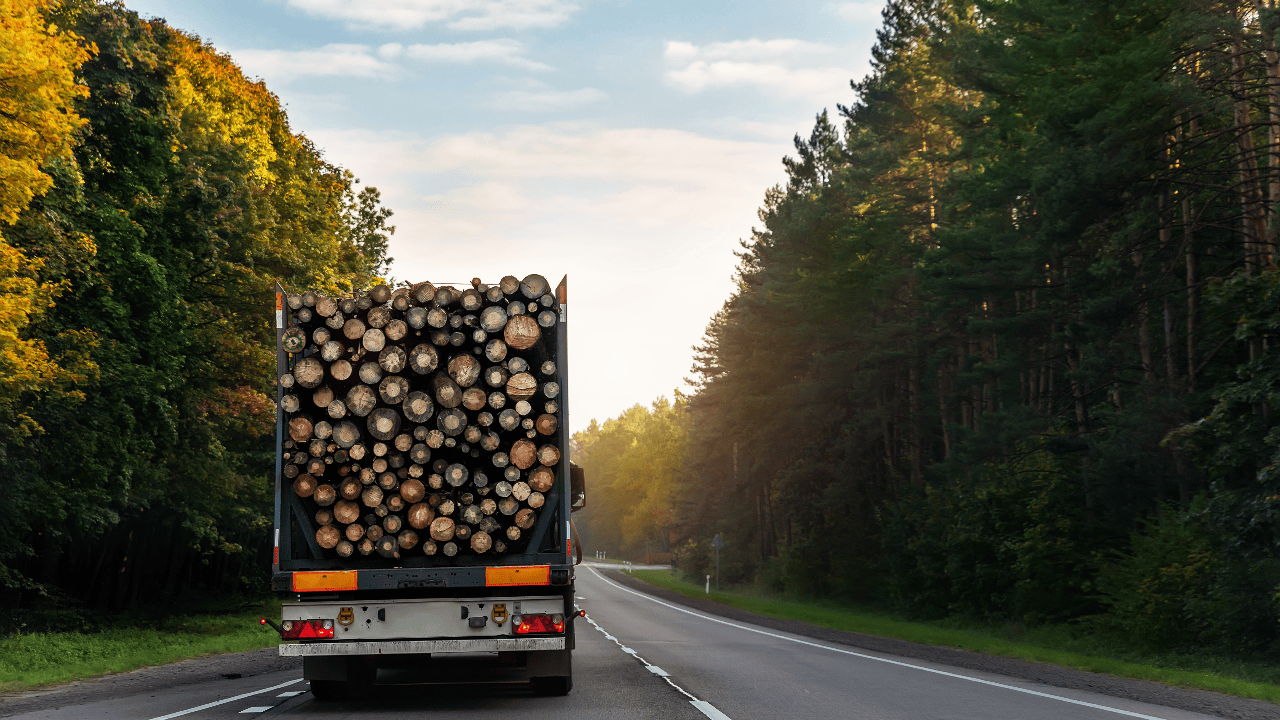
Road haulage—a term synonymous with efficiency and adaptability in the haulage industry. It represents the backbone of modern logistics, playing a crucial role in transporting goods across diverse terrains. Road haulage encompasses the movement of cargo via road networks, using a fleet of vehicles tailored to various needs, from small parcels to large machinery. This form of transportation is not just about moving goods; it’s about connecting businesses, communities, and people.
When compared to the broader scope of freight transport, road haulage stands out for its directness and flexibility. Unlike railway or maritime transport, road haulage offers door-to-door service, crucial for large consumer outlets and bespoke logistics solutions. This flexibility makes road haulage indispensable for time-sensitive deliveries and locations inaccessible by other means. As we delve deeper into the world of road haulage, we uncover its unique position in the vast tapestry of global transportation.
The Evolution of Road Haulage in the Transport Industry
The story of road haulage is a fascinating journey through time, mirroring the progression of human civilization itself. Originating from simple cart-and-horse methods, road haulage has evolved significantly, paralleling the advancement of transportation technologies. The industrial revolution, for instance, marked a turning point, introducing steam-powered vehicles and later transitioning to combustion engines, drastically increasing the capacity and speed of road transport.
In recent years, technological advancements have further transformed the haulage industry. Innovations like GPS tracking, eco-friendly vehicles, and automated systems have not only enhanced the efficiency of road haulage services but also revolutionized the safety and sustainability aspects of transporting goods. These advancements signify a leap towards a more connected, efficient, and environmentally conscious road freight ecosystem, setting the stage for continual growth and adaptation in the years to come.
 Road Haulage vs. Freight Transport: Understanding the Differences
Distinguishing between road haulage and general freight transport involves understanding their unique characteristics and applications. Road haulage, a subset of the larger freight transport sector, is specifically focused on the transportation of goods via road networks. This method is known for its high level of flexibility and adaptability, enabling direct delivery to diverse destinations, from urban centers to remote areas.
In contrast, freight transport encompasses a broader range of modalities, including rail, sea, and air transport. Each mode has its specific use case; for example, rail is often preferred for bulk goods over long distances, while air transport is used for time-sensitive deliveries. The choice between these methods depends on factors like cost, distance, cargo nature, and urgency.
Road haulage services play a critical role in the transport and logistics industry, complementing other freight transport methods to ensure efficient and comprehensive delivery services.
Road Haulage vs. Freight Transport: Understanding the Differences
Distinguishing between road haulage and general freight transport involves understanding their unique characteristics and applications. Road haulage, a subset of the larger freight transport sector, is specifically focused on the transportation of goods via road networks. This method is known for its high level of flexibility and adaptability, enabling direct delivery to diverse destinations, from urban centers to remote areas.
In contrast, freight transport encompasses a broader range of modalities, including rail, sea, and air transport. Each mode has its specific use case; for example, rail is often preferred for bulk goods over long distances, while air transport is used for time-sensitive deliveries. The choice between these methods depends on factors like cost, distance, cargo nature, and urgency.
Road haulage services play a critical role in the transport and logistics industry, complementing other freight transport methods to ensure efficient and comprehensive delivery services.


